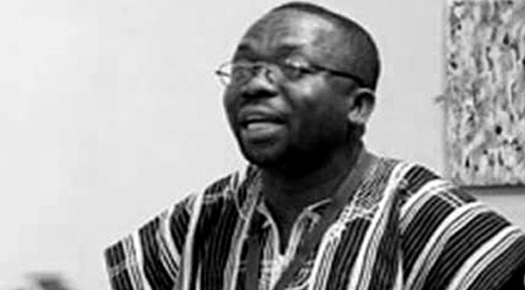
Dr. Leo Igwe, human rights advocate and humanist, wrote on the widespread impression of Africans being both theistic and highly religious. He recounts surveys describe these two facts as pervasive and true.
But he reported on the more limited emphasis on the atheists in the midst of Africa, where this non-religious subpopulation has been largely ignored or poorly treated or misrepresented. Igwe talks about the intolerance and hate, and the psychological and physical mistreatment of atheist Africans.
This, according to Igwe, makes many atheists apparently invisible and compels them to hide their own experiences. He talks about meeting a number of African atheists online and offline. He notes that his own experience has been with some of the first freethought forums in Accra, Banjul, Ibadan, Kampala, Lagos, Lilongwe, London, and Yaounde.
Many people at the meetings never met in person, never met another atheist, but these meetups provide the basis to finally meet another atheist in person. In a 2017 meeting, in Lagos, Nigeria, Igwe pointed out two groups of people: old-timers and first-timers.
By his observation, the first-timers were coming up-close with atheism for the first time as a community and had an aloof behaviour about them. Some were religious people who were feigning atheism because they themselves were on the fence.
They did not want the photographs and selfies. The other people, the old-timers, were more or less the celebrities of the groups who were able to interact more freely as they knew one another and were comfortable in that atmosphere.
Those old-timers were more relaxed and confident in their interpersonal interactions. He found a similar sentiment in social interaction with those gathering in Ghana, Malawi, and Uganda. Igwe had been around, apparently.
People at these meeting would share jokes, laughs, and positive times together with some based on the Muslim Sheikhs and Ayatollahs around the world and even on individual getting excommunicated from the church.
He talked about the experiences of the older atheists and their experiences in coping with the religious pressures and the way those pressures extended into the social environment too, which may make the lives of atheists in Africa difficult.
He described not only conferences but social media as an important outlet for the atheist population in Africa with new media networking technologies as important for the sharing of experiences of religious oppression and discrimination.
One common theme in the piece was the hate towards the non-religious. That religious believers not only disliked them but would not accommodate their belief, or more properly lack thereof. Igwe sees the many of the religious believers promoting hatred, intolerance, and violence against non-believers whilst teaching love and tolerance.
Igwe explained that many atheists were forced to keep their mouths shut during some conversations and that this became a compelled time to suppress their own views and opinions because of the potential for offense against the prevailing religious ideologies in Africa.
Her argues freedom of religion and belief, and thought and expression, are then for the religious, or at least more for the religious, and not for the non-religious as much or at all. Atheist in Muslim majority communities he says are even worse off than the others because it is a capital offense to either criticize or leave Islam.
Atheism is haram and so worth being a capital offense in those communities. The main thrust from Dr. Igwe about many African atheists is that they, in fact, fear the religious because of the environment that has been bred in those areas of the world over the non-religious, where violence and hatred and intolerance against the non-religious is shared by the theists.
Photo Credits: Opinion Nigeria
